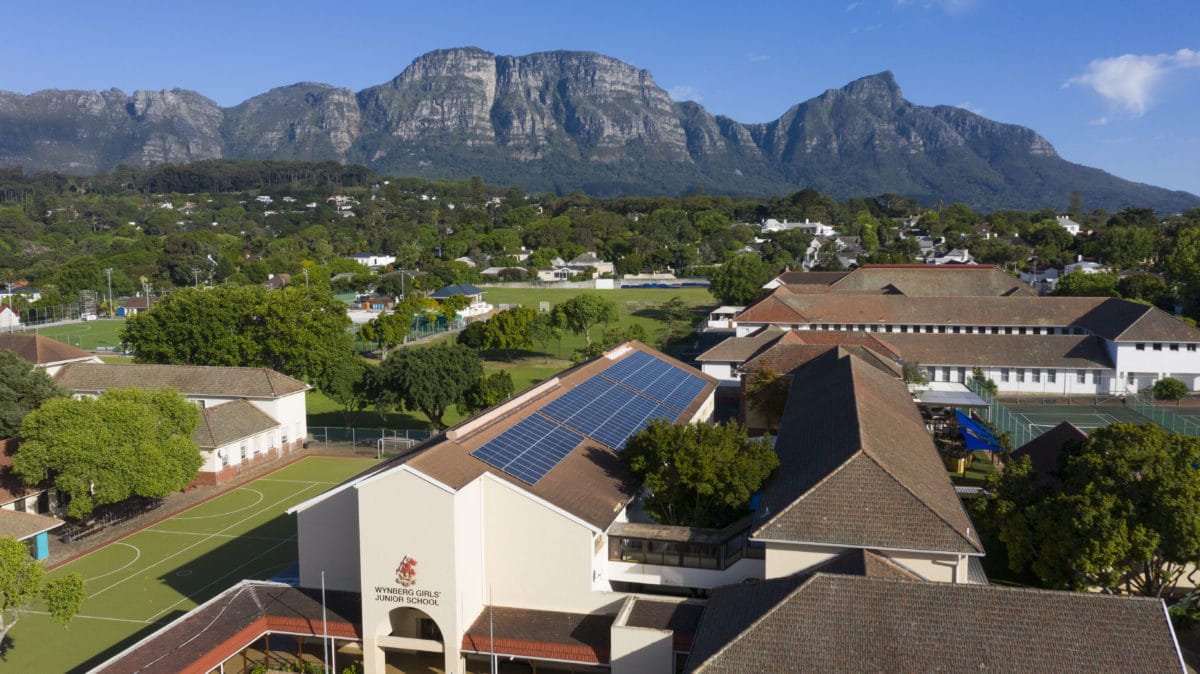South African Finance Minister Enoch Godongwana said last week that the National Treasury is launching a new rebate scheme for new rooftop PV installations on private homes. Individuals who install new, unused rooftop solar panels from March 1, 2023, will be able to claim rebates equal to 25% of the cost of the panels, up to a maximum of ZAR 15,000.
The new scheme has a budget of ZAR 4 billion and was introduced to address South Africa’s severe load-shedding problems.
“Record levels of load shedding were experienced in 2022 – 207 days of load shedding compared to 75 days in 2021,” the minister said in his budget speech last Thursday. “In response, we are acting decisively to bring additional capacity onto the grid.”
The rebate scheme only covers PV modules with minimum capacities of 275 W. Portable solar panels are excluded. The solar modules must be part of systems connected to the main distribution of private residences. The rebate applies to qualifying solar PV panels that are brought into use for the first time in the period between March 1, 2023, and Feb. 29, 2024.
Storage systems, inverters, diesel generators, and installation costs will not be covered by the program. The South African Photovoltaic Industry Association (SAPVIA) has already criticized this decision.
“Solar panels alone do not protect end users against loadshedding,” said SAPVIA CEO Rethabile Melamu. “The solar panels incentive is limited and does not address those households that can't access instruments for the purchase of solar systems. Based on a 25% cap this could translate to a solar system of ZAR 60,000 [6 kWp to 7 kWp] which will not make a meaningful impact for the average household without storage,” he argued. “SAPVIA is on record indicating that an average household tends to purchase a 5 kW hybrid system, including panels and battery storage which ranges from ZAR 95,000 to ZAR 200,000 depending on the components used.”
Melamu said SAPVIA welcomes the incentive scheme, but it is urging the government to consult with its experts to design such programs more effectively. However, the government has also announced the expansion of its renewable energy tax incentive for businesses, with a total budget of ZAR 5 billion. From March 1, 2023, businesses will be able to reduce their taxable income by 125% of the cost of an investment in renewables.
“There will be no thresholds on the size of the projects that qualify, and the incentive will be available for two years to stimulate investment in the short term,” said Godongwana.
The current scheme allows businesses to deduct 50% of their renewable investments in the first year, 30% in the second, and 20% in the third year. This applies to PV projects above 1 MW in size, along with qualifying investments in wind energy, concentrated solar, hydropower, and biomass. Investors in PV projects below 1 MW in size can deduct 100% of their costs in the first year.
Under the expanded tax incentives, businesses will be able to claim a 125% deduction in the first year without thresholds on the size of projects.
This content is protected by copyright and may not be reused. If you want to cooperate with us and would like to reuse some of our content, please contact: editors@pv-magazine.com.



2 comments
By submitting this form you agree to pv magazine using your data for the purposes of publishing your comment.
Your personal data will only be disclosed or otherwise transmitted to third parties for the purposes of spam filtering or if this is necessary for technical maintenance of the website. Any other transfer to third parties will not take place unless this is justified on the basis of applicable data protection regulations or if pv magazine is legally obliged to do so.
You may revoke this consent at any time with effect for the future, in which case your personal data will be deleted immediately. Otherwise, your data will be deleted if pv magazine has processed your request or the purpose of data storage is fulfilled.
Further information on data privacy can be found in our Data Protection Policy.